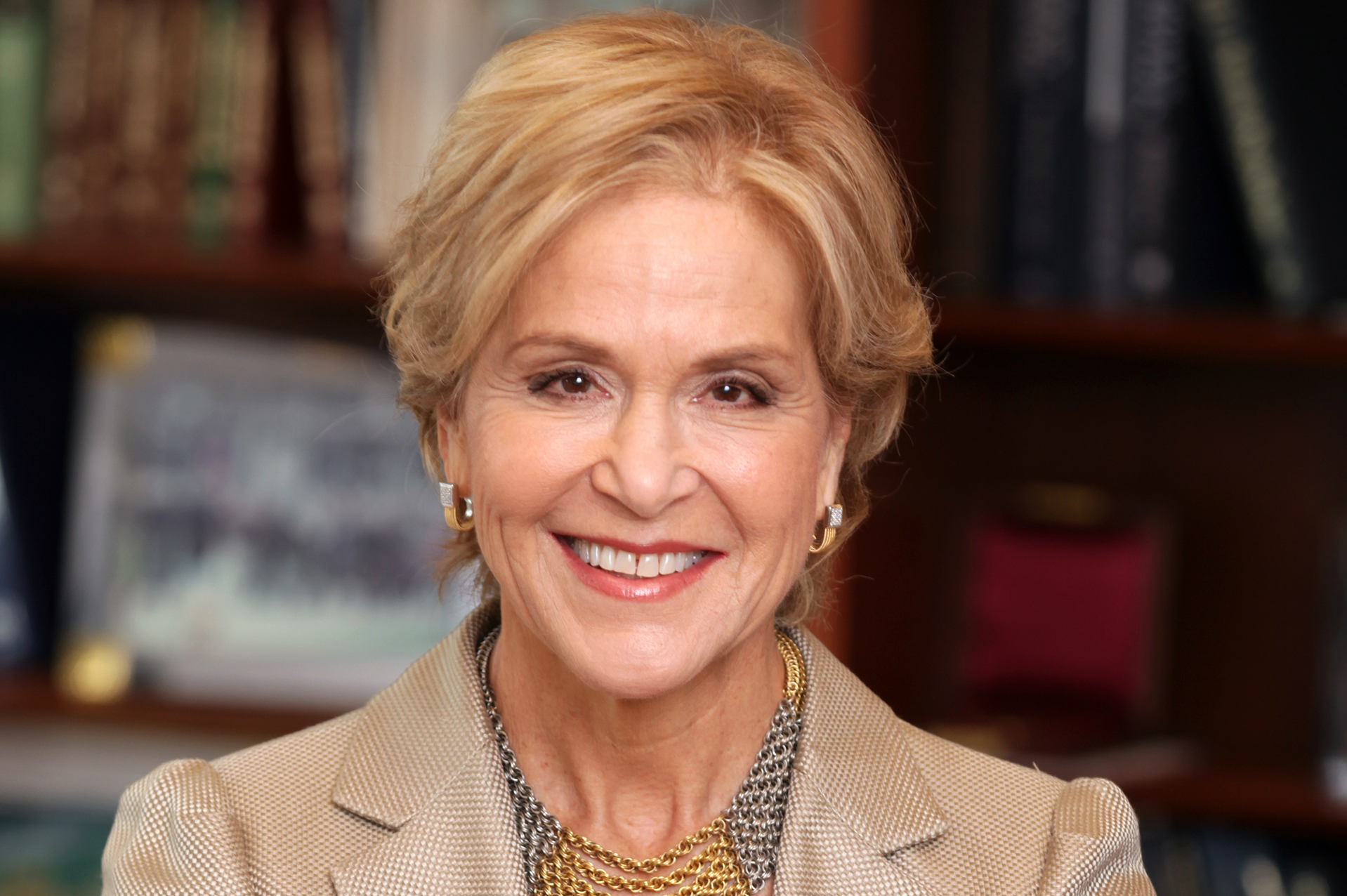Judith Rodin and Anna Maria Chávez, two of the most prominent executives in the charitable sector both announced they are leaving their respective posts.
Rodin has been at the helm of The Rockefeller Foundation for 12 years and is widely respected as one of the most innovative and collaborative funders in the sector. Chávez has been chief executive officer of the Girl Scouts of the USA (GSUSA) since 2011. She led the nonprofit through a reorganization that was often tumultuous.
Sylvia Acevedo, a member of the GSUSA national board of directors, was appointed interim chief executive officer. According to an announcement from GSUSA, Chávez notified the board of her desire to actively explore a return to public service. Her last day on the job is June 30.
Kathy H. Hannan, president of GSUSA’s board, said the organization would begin an immediate national search to find a permanent successor to Chávez.
Acevedo is also a White House commissioner on the Presidential Initiative for Hispanic Educational Excellence and a national advocate for STEM education. She is a strategic consultant to companies that wish to use technology to capitalize on demographic trends, and she previously served as president and CEO of Communicard LLC, a firm that used innovative technology to harness market trends.
Chávez’s tenure was a rocky one, marked by layoffs and staff members making statements to newspapers regarding the changes and her management style.
At The Rockefeller Foundation, Rodin’s leadership ushered the organization into a new era of strategic philanthropy that emphasized partnerships with business, government, and the philanthropic community to address and solve for the complex challenges.
In her announcement to the board, Rodin and Board Chair Dick Parsons, committed to a seamless transition. Rodin will continue to lead the foundation until a new president takes office. The search for a new president will begin late this summer, according to the organization.
Rodin is the longest serving president of The Rockefeller Foundation in the past 40 years and is its first female president. Prior to her tenure at the foundation, she was the first female president of an Ivy League university at the University of Pennsylvania after having served as provost of Yale University.
Rodin led the foundation in a sweeping transformation that modernized all operational and programmatic aspects of it. Rodin championed two new initiative for the foundation: resilience and impact investing.
“It has been thrilling to guide The Rockefeller Foundation’s evolution to face the complex challenges of the 21st century and develop innovative solutions. We worked to transform this organization into one that is fit to deliver rapid and scalable impact for the multitude of changes around the world, ” said Rodin via a statement. “As is always the case in philanthropy, our work is never done. I look forward to seeing the foundation continue to grow, transform and affect change worldwide and am committed to working as hard as ever until the day a new president takes over this amazing organization.”
The resilience focus was largely influenced by Rodin’s work to revitalize West Philadelphia while leading the University of Pennsylvania. In the immediate aftermath of Hurricane Katrina and watching cities worldwide struggle with the combined impacts of urbanization, globalization and climate change, Rodin made it her mission to help cities build long-term resilience, according to a statement from the foundation.
The foundation invested more than half a billion dollars and leveraged billions more in resilience programs including: establishing 100 Resilient Cities, the creation and growth of the chief resilience officers around the globe, the Global Resilience Partnership, collaboration with the US Department of Housing and Urban Development to support the National Disaster Resilience Competition and the Rebuild by Design competition, along with a decade of support for the City of New Orleans to help it become a model of resilience after the devastation of Hurricane Katrina.
The resilience investments have leveraged billions of dollars from the public and private sectors, including commitments from an initial group of 10 cities in the 100 Resilient Cities network to direct $5.2 billion of their own budgets to address resilience challenges; billions from multinational organizations like the International Finance Corporation who committed $19 billion to resilience programs; and partnerships with the private sector and non-governmental organizations giving communities access to hundreds of millions of dollars in innovative resilience services.









